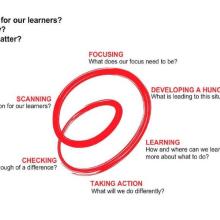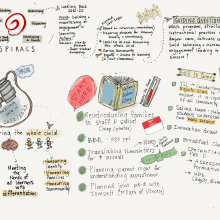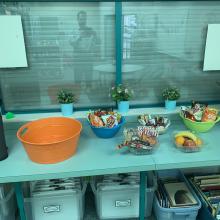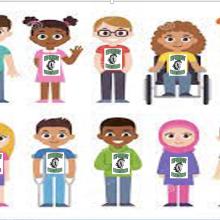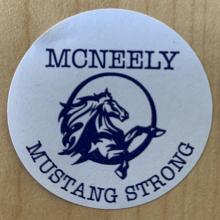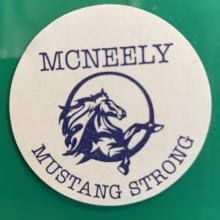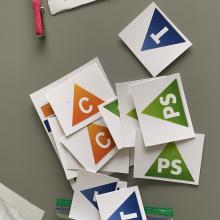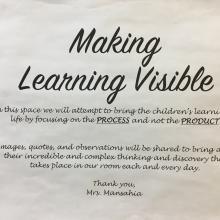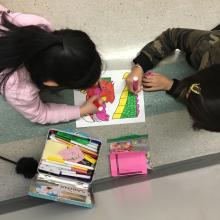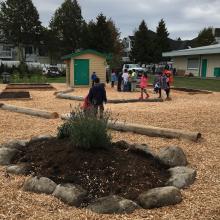| The data that supports the need for this school learning focus is: | - 2024 Student Voice Survey for Grades 2-7 students indicated lower confidence in literacy skills (more students described themselves as confident or “good at” Math over Reading/Writing)
- Fall Richmond Formative Reading Assessment (RFRA) results indicated a need to focus on building proficiency in various areas of reading comprehension across grades 2-7
|
| Actions that the school will take to achieve the goals of our school learning focus include: | - Teacher professional development with the Pillars of Literacy to support direct reading instruction
- Direct and intentional instruction in classrooms and small groups to increase proficiency in areas of reading comprehension (identifying story elements, purpose, and main ideas; making predictions and connections; inferencing; responding; questioning)
- District Literacy Collaboration Time
|
| The intention of these actions is to make the following difference(s) for learners: | - To increase our learners’ proficiency and confidence as readers
- To increase our learners’ ability to transform and use what is being read into meaningful learning
|
| We will know our actions are making a difference when we have data that demonstrates the following: | - Students demonstrate improvement in ability to make predictions and connections; identifying the main idea and purpose; responding and making inferences; and asking questions
- Comparing Spring RFRA to Fall RFRA results, data from other assessments for particular grades (ie. FSA's)
- Tracking Reading Proficiency through Written Learning Updates/Final Summaries of Learning
- Student Voice Scans (How do our students feel about themselves as readers? What do they feel are their strengths and stretches in literacy?)
|







